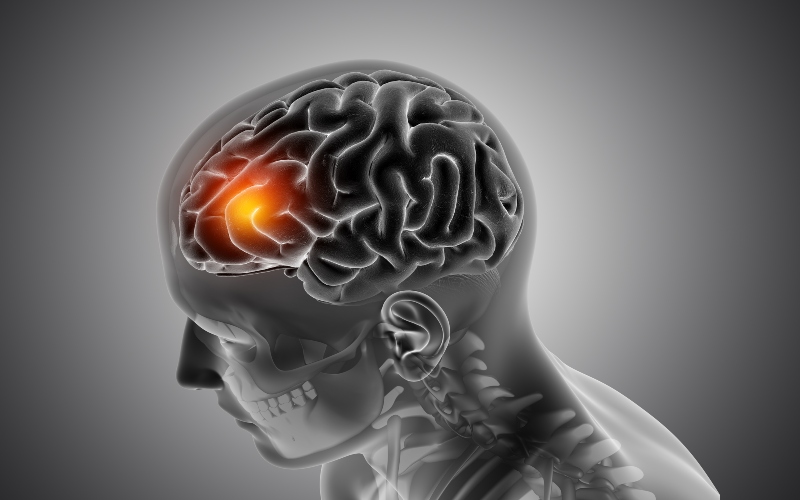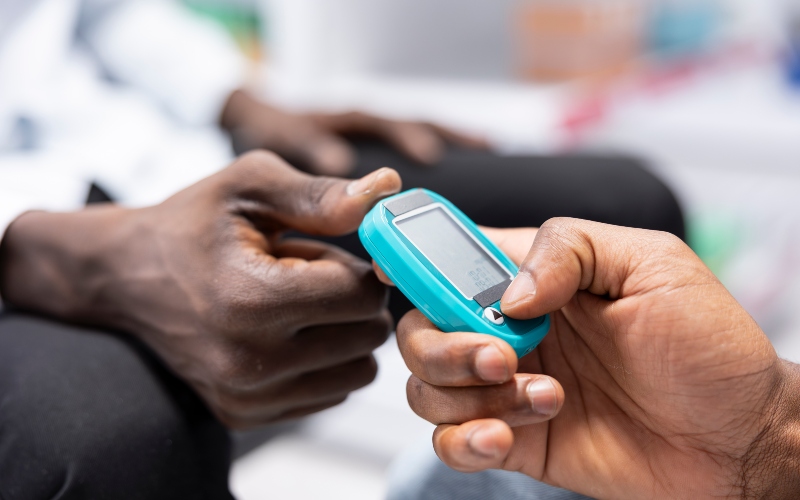Not drinking enough water may spike stress hormones, new study finds

Researchers at Liverpool John Moores University found that people who regularly drank less than 1.5 litres of fluid a day—roughly seven cups of tea—had a cortisol stress response more than 50 per cent higher than those who met daily hydration recommendations.
A new study suggests that failing to drink enough water may do more than leave you feeling thirsty—it could also intensify the body’s stress response and raise the risk of chronic health problems.
Researchers at Liverpool John Moores University (LJMU) found that people who regularly drank less than 1.5 litres of fluid a day—roughly seven cups of tea—had a cortisol stress response more than 50 per cent higher than those who met daily hydration recommendations.
Cortisol, often described as the body’s primary stress hormone, helps regulate mood, metabolism, and immune function. But repeated spikes in cortisol can increase the likelihood of conditions such as heart disease, diabetes, and depression.
“Cortisol is vital in helping the body cope with stress, but exaggerated responses are linked to poor long-term health,” said study lead Professor Neil Walsh of LJMU’s School of Sport and Exercise Sciences.
“If you know you’ve got a looming deadline or a big presentation, keeping a water bottle nearby could be a simple but meaningful habit.”
The research, published in the Journal of Applied Physiology, compared two groups of healthy young adults: those in the lowest 25 per cent of daily fluid intake and those in the highest.
For one week, participants maintained their usual drinking habits while researchers tracked hydration through blood and urine samples.
Participants then underwent the Trier Social Stress Test, a standard experiment that mimics real-world stress by combining a mock job interview with mental arithmetic.
Anxiety levels
While both groups reported similar anxiety levels and showed comparable increases in heart rate, only the low-fluid group experienced a significant surge in cortisol.
Interestingly, these participants did not necessarily feel thirstier. Instead, their urine was darker and more concentrated—clear indicators of under-hydration.
Dr Daniel Kashi, co-author of the study, explained the mechanism behind the findings.
“When the body is short on fluids, it releases vasopressin, a hormone that conserves water by acting on the kidneys. But vasopressin also stimulates the brain’s stress centre, driving up cortisol. Over time, that exaggerated stress response may take a toll on long-term health.”
The study reinforces existing hydration guidelines, recommending approximately 2 litres of fluid per day for women and 2.5 litres for men. Water, tea, coffee, and even water-rich foods like cucumbers and watermelon all contribute to this daily intake.
“Being hydrated may help your body handle stress more effectively,” said Dr Kashi. “A simple way to check is to monitor your urine colour, pale yellow is a good sign. But do not overhydrate.”
As daily stress levels rise, the research suggests that one of the simplest tools for resilience may already be close at hand: a glass of water.
Top Stories Today











































